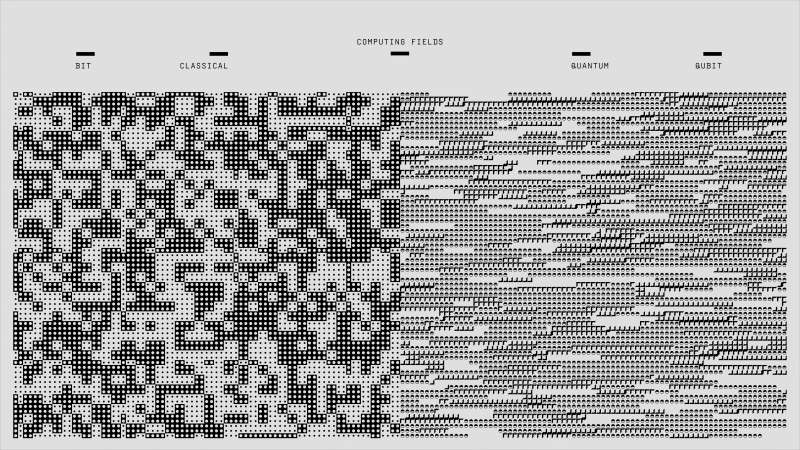Effective Time Management for Work
Published on: April 28, 2025
In today's fast-paced and ever-evolving world, effective time management has become essential for maintaining both high productivity and a healthy work-life balance. As tasks pile up and distractions increase, many professionals find themselves struggling to stay focused and organized. Poor time management not only leads to stress and burnout but also reduces the quality of work and personal satisfaction.
Mastering the art of managing your work hours efficiently allows you to achieve more in less time, make better decisions, and reduce anxiety. In this guide, we’ll explore practical strategies and proven techniques that can help you take control of your workday, stay aligned with your goals, and create space for rest and personal development.
1.1. Setting Clear and Measurable Goals
The foundation of effective time management begins with setting clear and realistic goals. Vague intentions like “be more productive” or “finish everything” aren’t actionable. Instead, use the SMART criteria to define your goals:
-
Specific – What exactly do you want to achieve?
-
Measurable – How will you track progress or completion?
-
Achievable – Is this goal within reach given your time and resources?
-
Relevant – Does it align with your bigger priorities?
-
Time-bound – When do you expect to finish?
For example, instead of saying “work on the report,” set a goal like “Complete the first draft of the financial report by 3 PM.” This creates a sense of direction and urgency that encourages focused effort.
1.2. Prioritizing Tasks Effectively
Not all tasks are equally important. Some have a direct impact on your progress, while others are simply urgent noise. To distinguish between them, one powerful technique is the Eisenhower Matrix, which categorizes tasks into four groups:
-
Urgent and important – Handle these immediately.
-
Important but not urgent – Schedule time for them; these often contribute most to long-term success.
-
Urgent but not important – Delegate or minimize.
-
Neither urgent nor important – Eliminate or postpone.
By spending more time in the second quadrant—important but not urgent—you reduce the risk of falling into crisis mode and improve your ability to act proactively rather than reactively.
1.3. Using Time Management Techniques
Several time-tested methods can help you stay focused and make the most of your work hours. Here are two particularly effective ones:
-
The Pomodoro Technique – This involves working in short, focused intervals of 25 minutes, followed by a 5-minute break. After four “Pomodoros,” take a longer break (15–30 minutes). This approach helps maintain energy and focus while preventing burnout.
-
Time Blocking – Allocate specific blocks of time in your calendar for different types of tasks. For example, you might reserve mornings for deep, uninterrupted work, midday for meetings, and late afternoon for emails and administrative tasks. Time blocking helps prevent overbooking and ensures you dedicate attention to your most important work.
These techniques allow you to structure your day with intention and reduce the tendency to multitask or constantly shift between tasks.
1.4. Minimizing Distractions
Distractions are one of the biggest obstacles to productivity in the workplace. Whether it’s constant email notifications, social media, or background noise, interruptions break concentration and reduce efficiency.
To minimize distractions:
-
Turn off non-essential notifications during focus time.
-
Use noise-canceling headphones or move to a quieter space if possible.
-
Set boundaries with coworkers by letting them know when you're unavailable.
-
Use apps like Freedom, Cold Turkey, or Focus@Will to block distracting websites or create a focused environment.
Developing digital hygiene and creating a workspace that supports concentration are key steps in staying present and effective.
1.5. Reviewing and Adapting Regularly
Time management is not a one-time setup—it’s an ongoing process. It’s important to regularly review how your time is spent and make adjustments based on what is or isn’t working.
At the end of each week (or even each day), ask yourself:
-
What goals did I accomplish?
-
What took longer than expected?
-
Where did most of my time go?
-
What could I do differently next time?
By tracking your progress and reflecting on your workflow, you become more aware of time-wasting habits and can fine-tune your planning to match your reality. Flexibility is crucial—life and work are rarely predictable, so learning to adapt without losing momentum is a valuable skill.
Effective time management isn’t about packing your schedule to the brim or working non-stop—it’s about working smarter, not harder. By setting clear goals, prioritizing the right tasks, applying practical time management techniques, limiting distractions, and regularly reflecting on your habits, you can make the most of your work hours without sacrificing your well-being.
When time is managed well, your workload becomes manageable, stress levels drop, and your ability to achieve both professional success and personal fulfillment rises. Time is your most valuable resource—use it with purpose.










